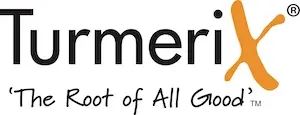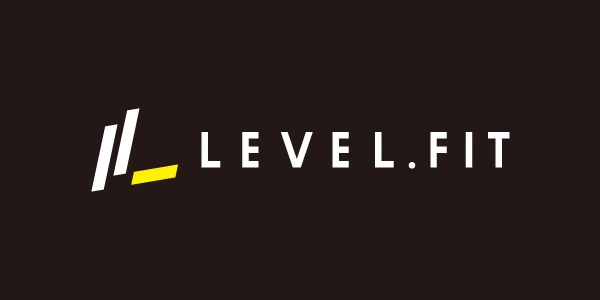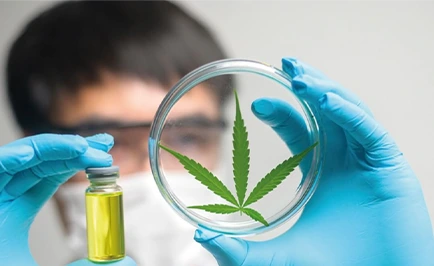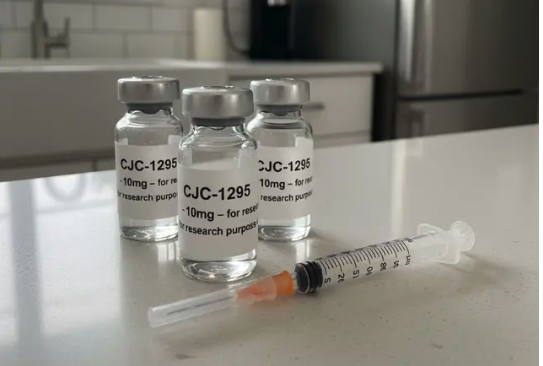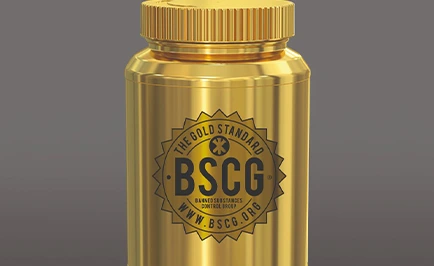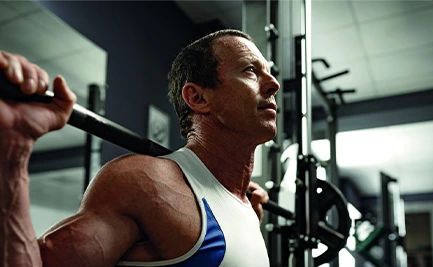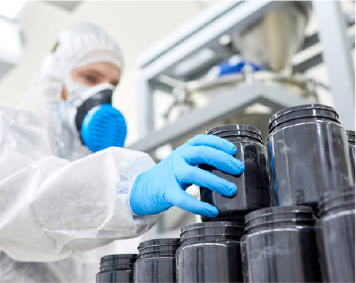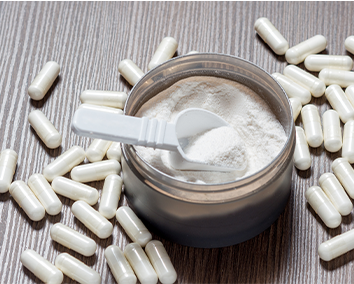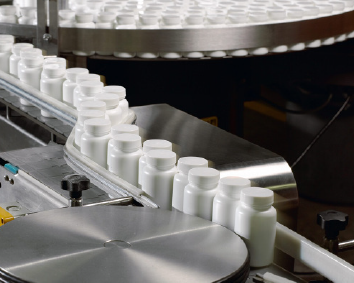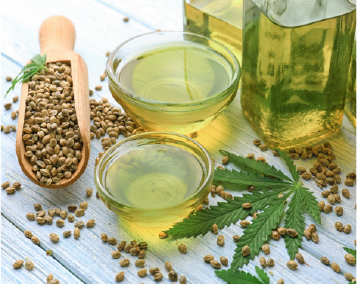CBD Contamination Is a Risk You Don’t Want to Take When Looking for Wellness
Apr 07, 2025
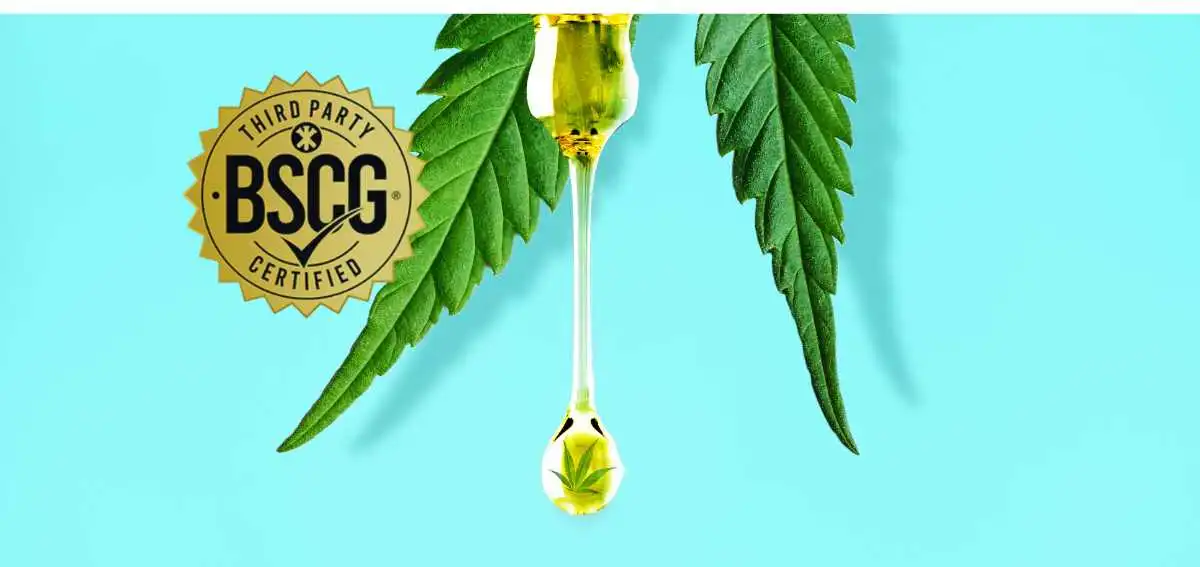
CBD Contamination Is a Risk You Don’t Want to Take When Looking for Wellness
CBD might be marketed as a wellness essential, but when it’s lacking the proper oversight, quality can be a real crapshoot. Why? CBD is growing in popularity, and with that comes labeling concerns where there might be all sorts of unsavory elements being added or subtracted. It’s a bit like if you ordered a protein shake but were given a large glass of disappointment instead. Plenty of unwanted stowaways have been found in CBD, such as heavy metals, pesticides, and even mold. Establishing the quality of your CBD product should be the first step you take if you’re looking for the potential wellness benefits.
CBD Quality Concerns
CBD is increasingly ubiquitous. It’s marketed as a natural remedy for anxiety, pain, and sleep. These are things almost everyone has trouble with at some point, which is why you can get them in oils, gummies, drinks, and even pet treats. But recent research exposes a prickly issue: many CBD products are mislabeled, contaminated, or contain additions many consumers didn’t know they were paying for. A paper in the Journal of the American Medical Association found that concentrations of unlabeled THC were found in 21% of products, and only 30% had the levels of CBD that they promised on the labels. Some had a lot less CBD than advertised. Others contained up to 6.43 mg/mL of THC, which might be enough to cause intoxication or trigger a failed drug test. If you’re a drug-tested athlete, tactical professional, or first responder, this may have devastating consequences for your career and well-being. If you’re a consumer, you want to make sure you actually get what you pay for.
CBD Risks of Hidden Environmental Contaminants
What if you’re not drug tested, should you care? Yes, because the issue may reach beyond just inaccurate CBD levels. Harmful contaminants like heavy metals, pesticides, and microbial toxins have been found in a growing number of studies. Dutch research analyzed cannabis from coffee shops and found pesticide traces in one-third of the samples and harmful bacteria that included Staphylococcus aureus, which can cause infections. There were even traces of lead. While this was in marijuana, the higher form of cannabis, CBD comes from hemp, a different type of cannabis, so there’s reason to believe these issues may creep into CBD products as well. A study published in March of 2024 found that “the majority of commercially available CBD products tested within the current study are inaccurately labeled” and that “heavy metals, residual solvents, and pesticides were found in several products, some of which violated regulatory thresholds.”
Lack of Regulatory Action by FDA Can Put CBD Consumers at Risk.
With regulatory gaps leaving consumers and brands vulnerable, BSCG’s Certified CBD program ensures third-party verification for quality, accuracy, and even anti-doping and drug testing compliance. Every finished lot under BSCG Certified CBD is screened for more than 500 banned substances, and THC limits far lower than industry standards protect against positive drug tests, making it a trusted solution for drug-tested athletes, military personnel, and first responders. Certified CBD also tests every lot for cannabinoids to verify CBD label claims. There is also surveillance screening for environmental contaminants on every 10th lot, which includes heavy metals, pesticides, and microbiological agents, providing an extra layer of safety. Unlike some certification programs, BSCG’s approach ensures transparency without misleading marketing claims. If a CBD product carries the BSCG Certified CBD seal, consumers and brands can be confident in its verified quality, tested purity, and regulatory compliance.
Certified CBD is Quality You Can Touch and Feel
CBD might be marketed as the cure-all for everything from stress to sore muscles, but without proper oversight, what’s actually in the bottle could be a mystery wrapped in a wellness trend. Some products deliver precisely what they promise. Others? Well, let’s just say you wouldn’t sprinkle them in your smoothie. With regulatory gaps big enough to drive a semi-trailer through, third-party certification isn’t just a bonus. It’s your only real insurance. It gives you quality you can literally touch and feel with reports published online that show a Certified CBD product has been rigorously tested for banned substances and verified for quality. When it comes to safety and compliance, “probably fine” isn’t good enough. If it’s not certified, it’s not verified. If you want to explore the benefits of CBD, make sure you really know what you’re getting. Look for Certified CBD from BSCG
CAPTION
Does your CBD need a spring clean? CBD is everywhere, in oils, gummies, drinks, and even pet treats. But is it safe? Studies show many products don’t match their labels, with some containing THC, heavy metals, or harmful bacteria. Nearly 70% of CBD products are mislabeled, and 21% contain THC, which could trigger a failed drug test. Pesticides, mold, and contaminants have also been found in numerous studies. That’s where BSCG Certified CBD comes in. Every finished lot is tested for CBD accuracy, THC limits, and 500+ banned substances, with surveillance testing for contaminants like heavy metals and pesticides. If it’s not certified, it’s not verified. Don't take the risk. Choose transparency and trust with BSCG. #BSCGCertified #CBDQuality #ThirdPartyTested #CertifiedCBD #SupplementSafety
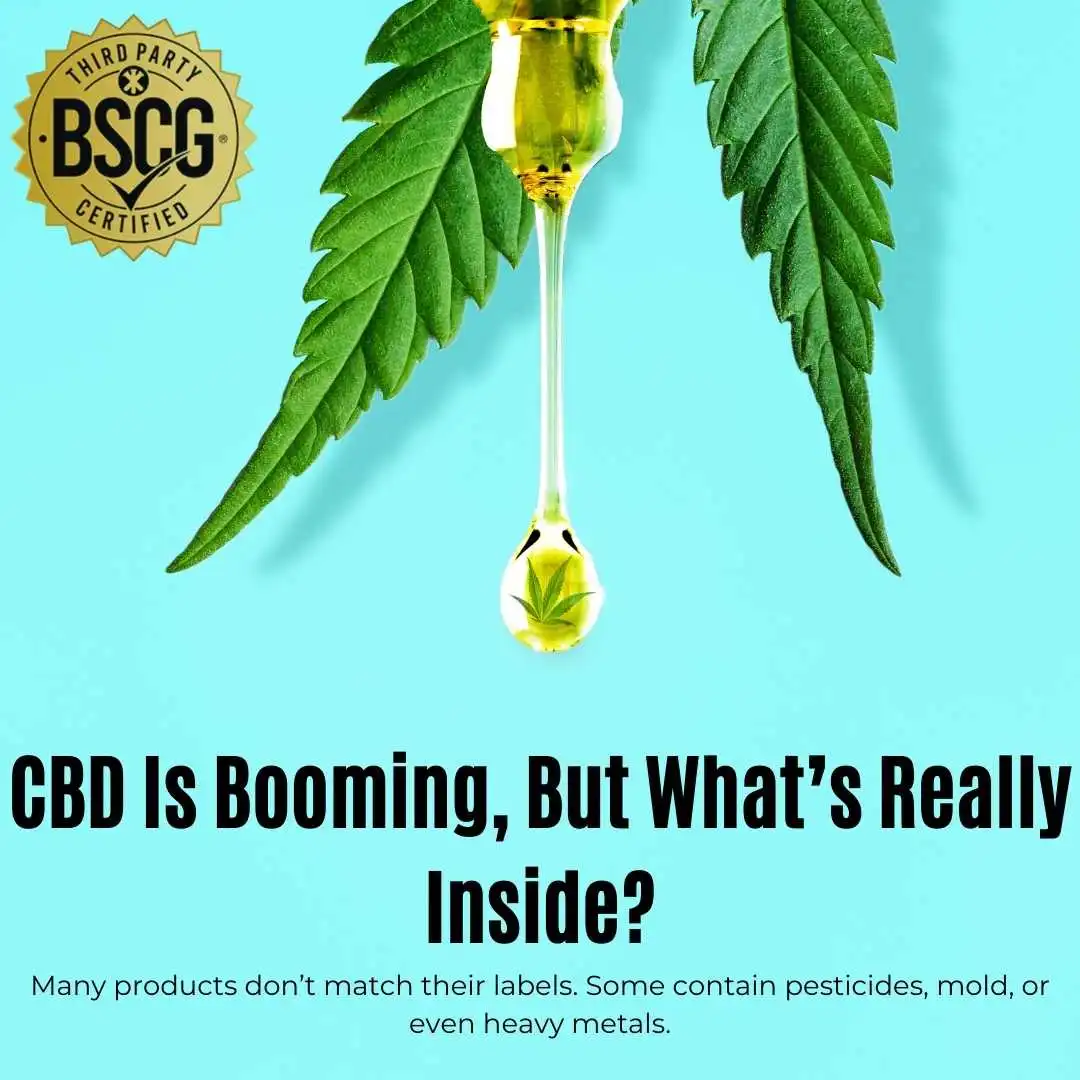
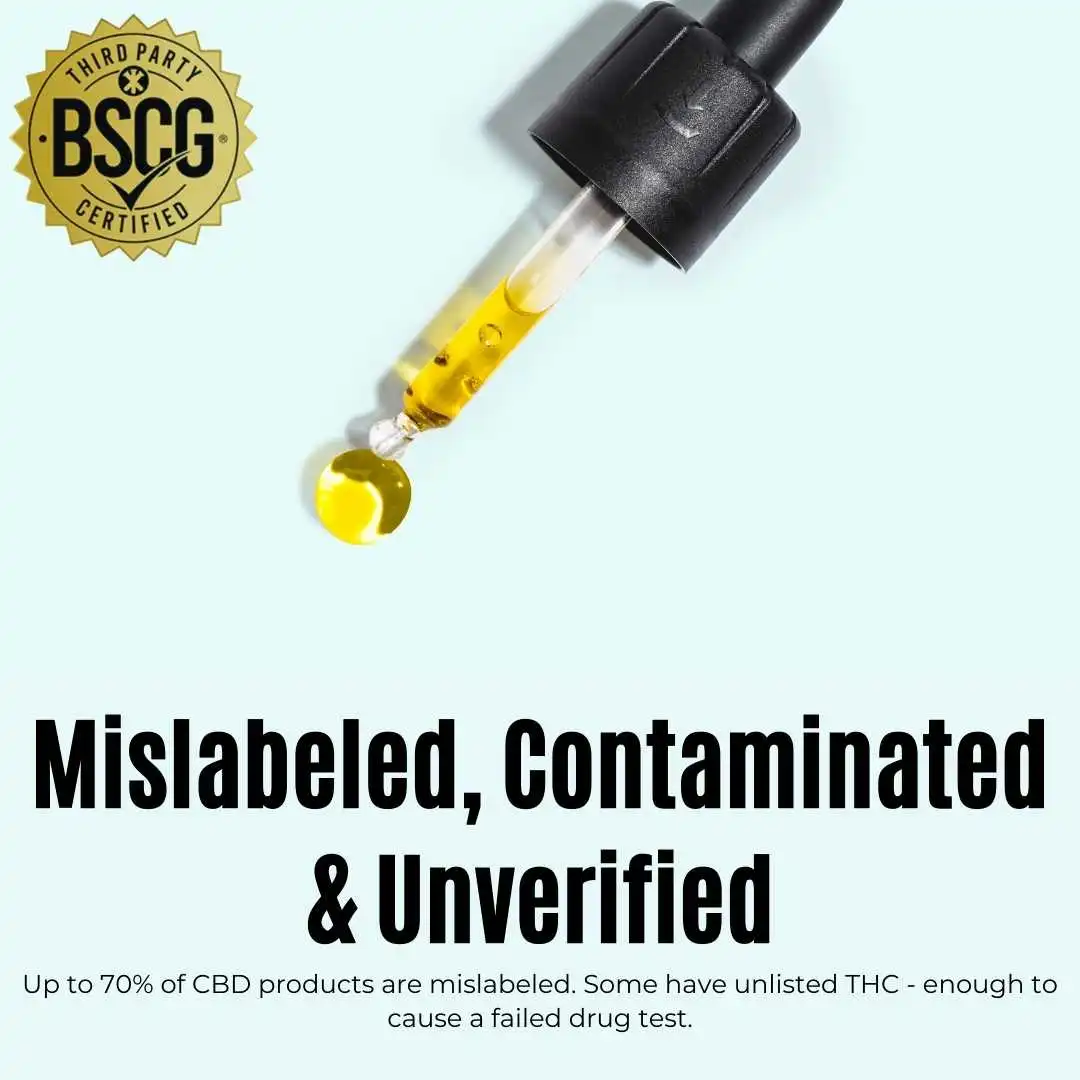
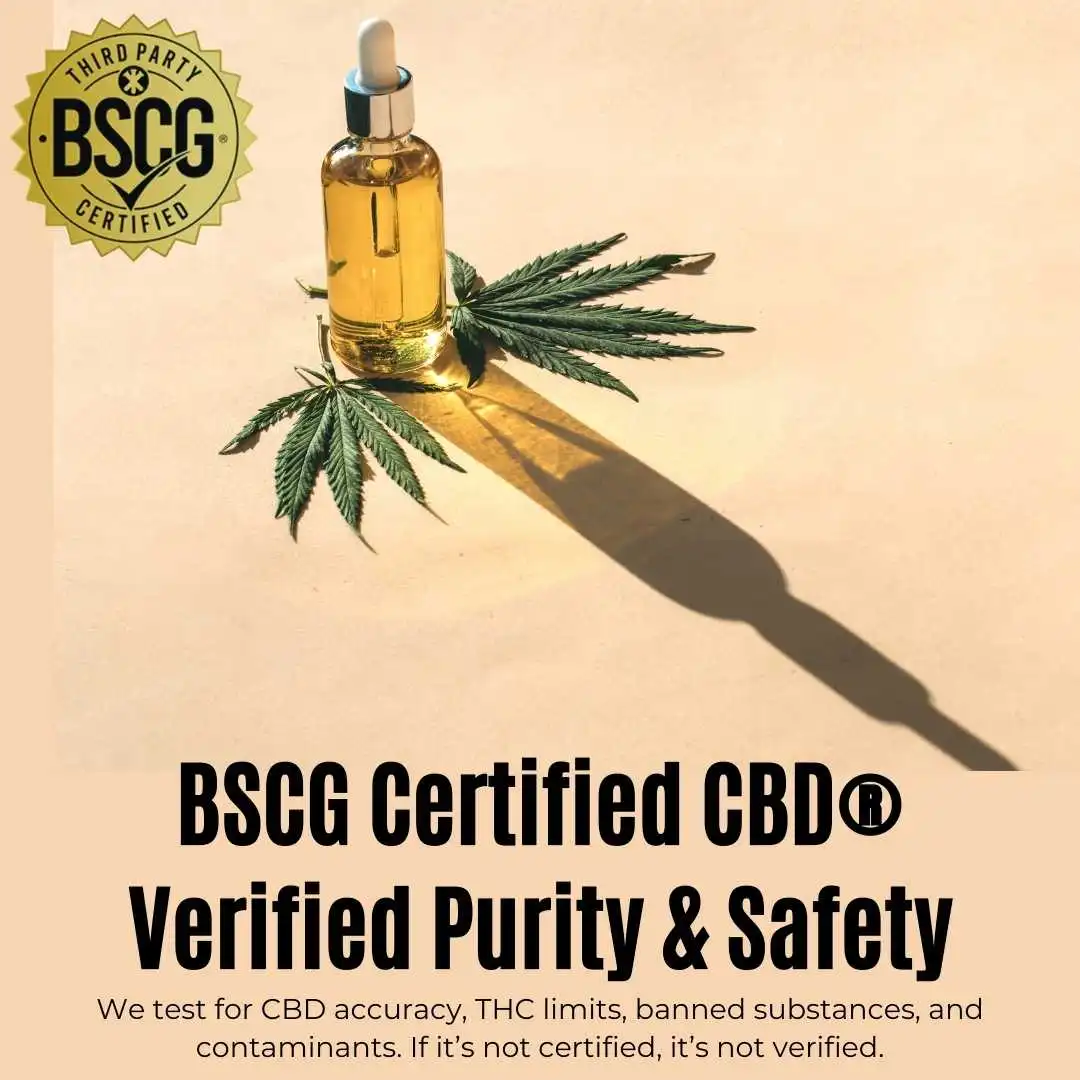
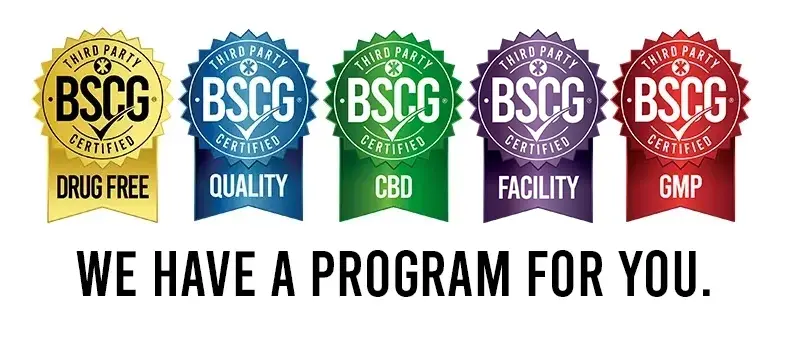


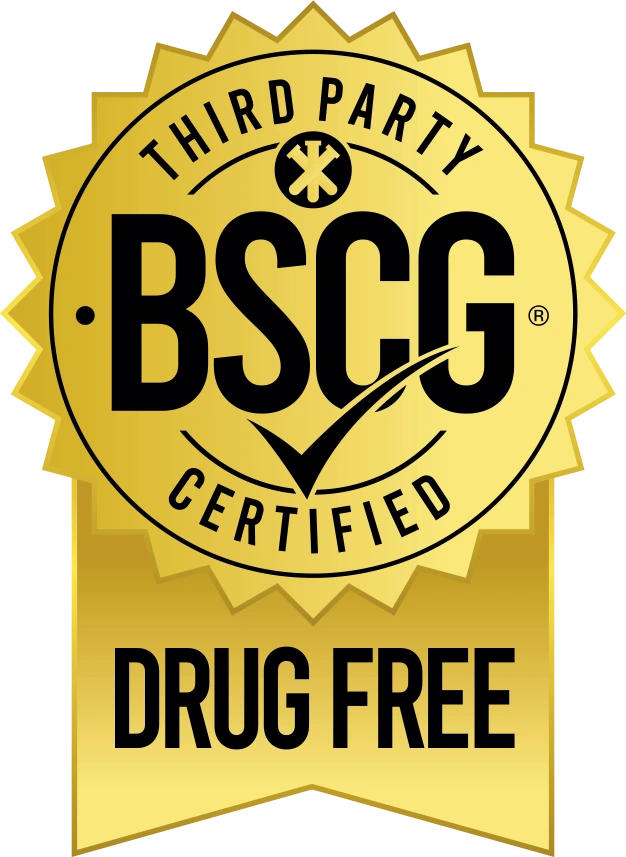
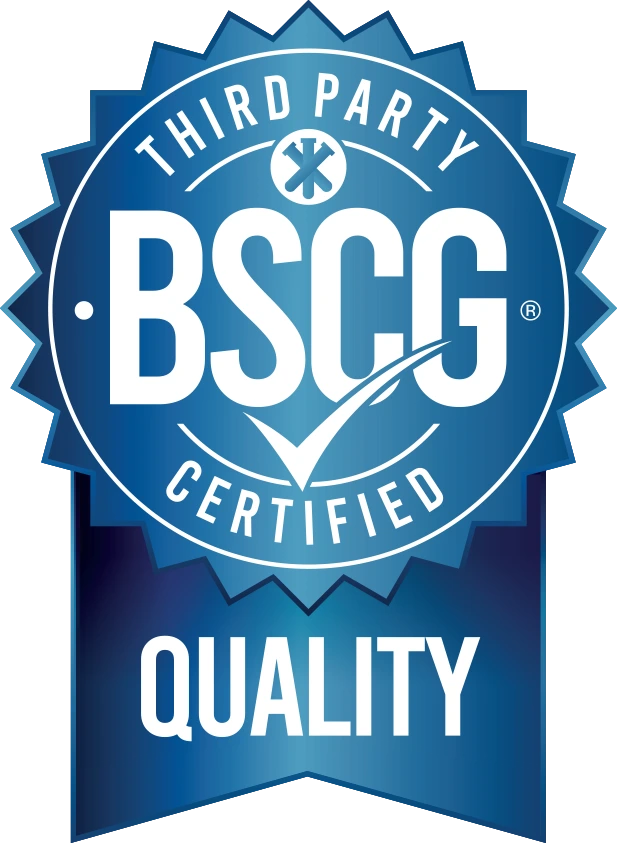
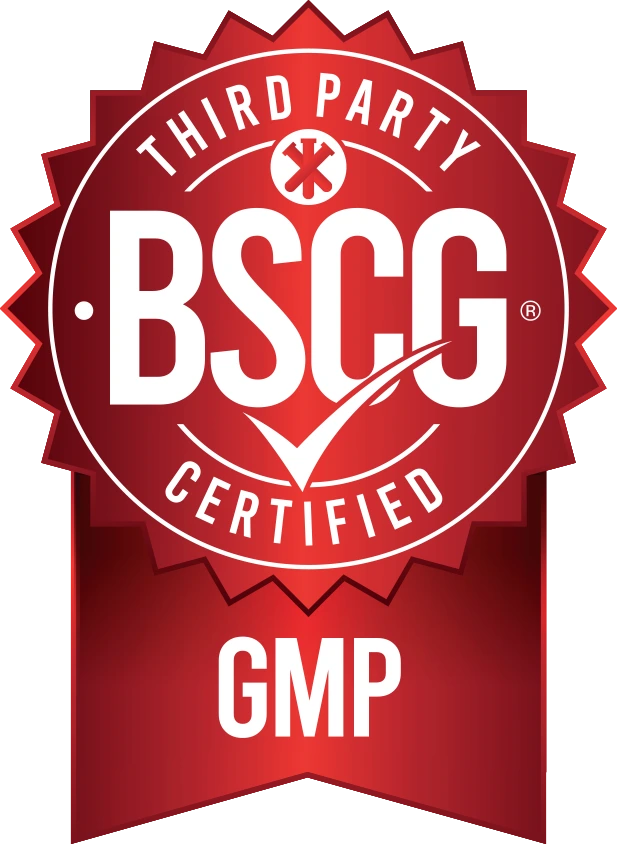
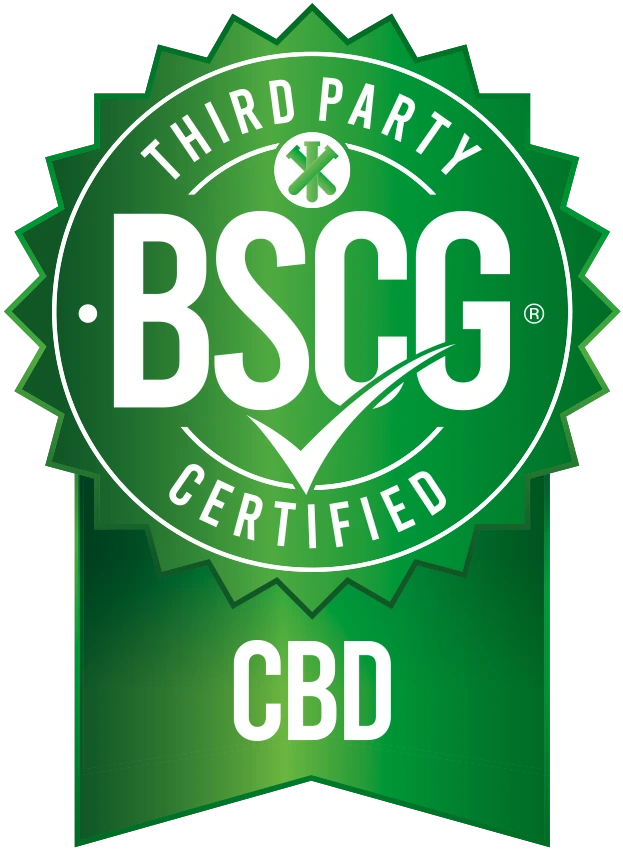
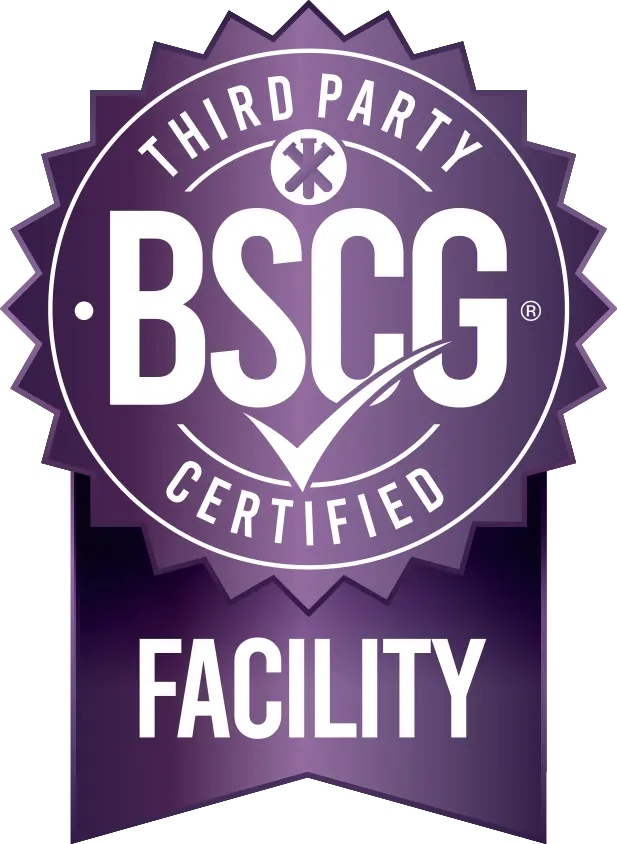


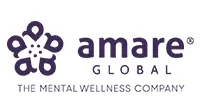
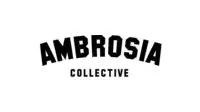

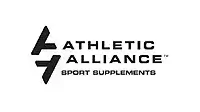
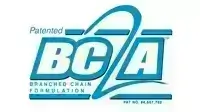
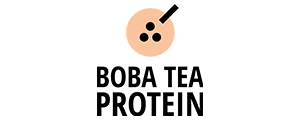
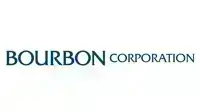
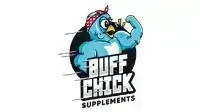
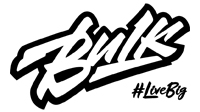

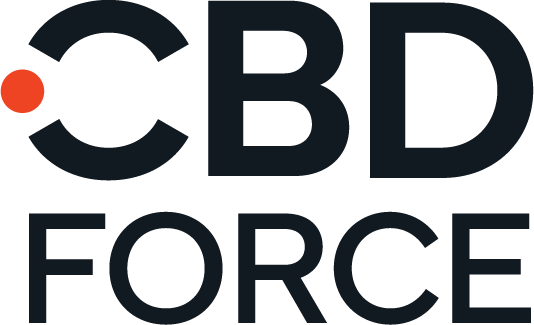

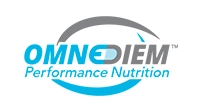
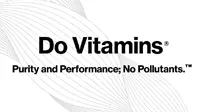



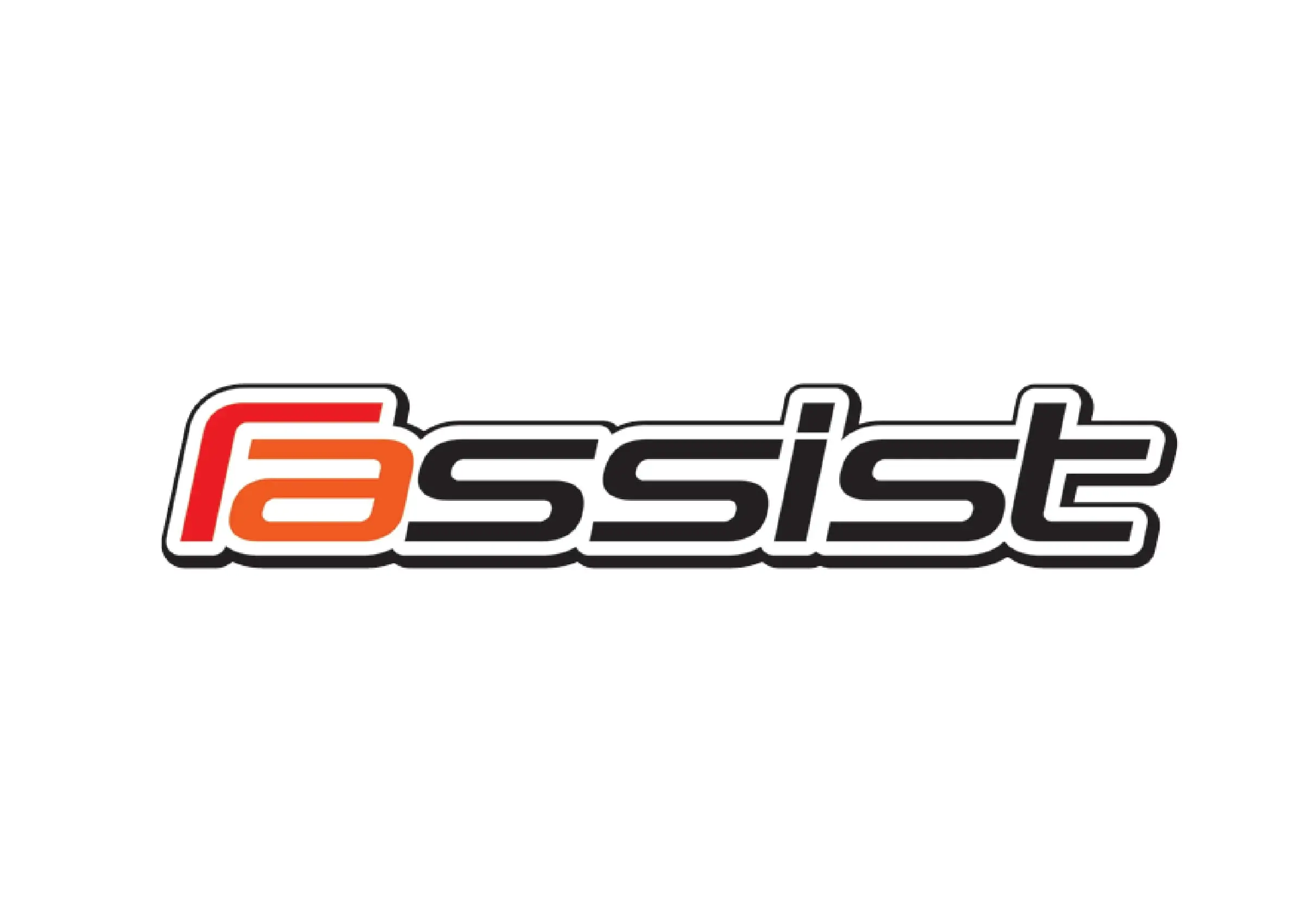
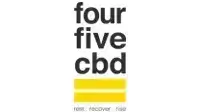
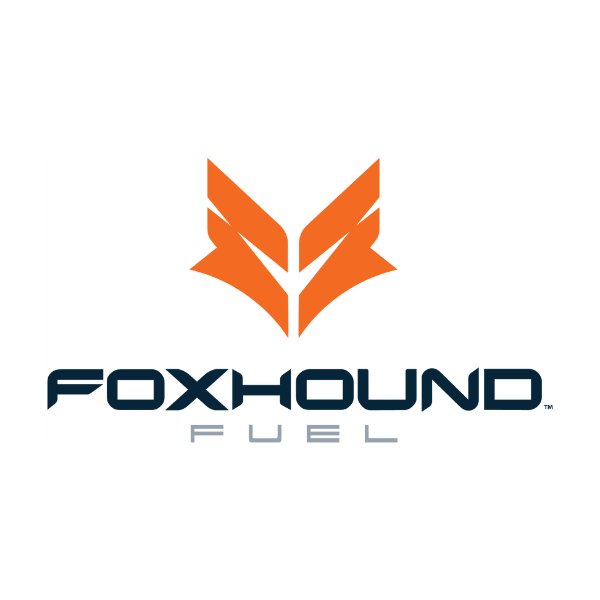

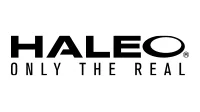

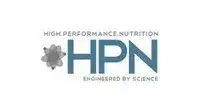
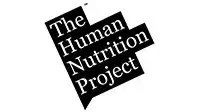

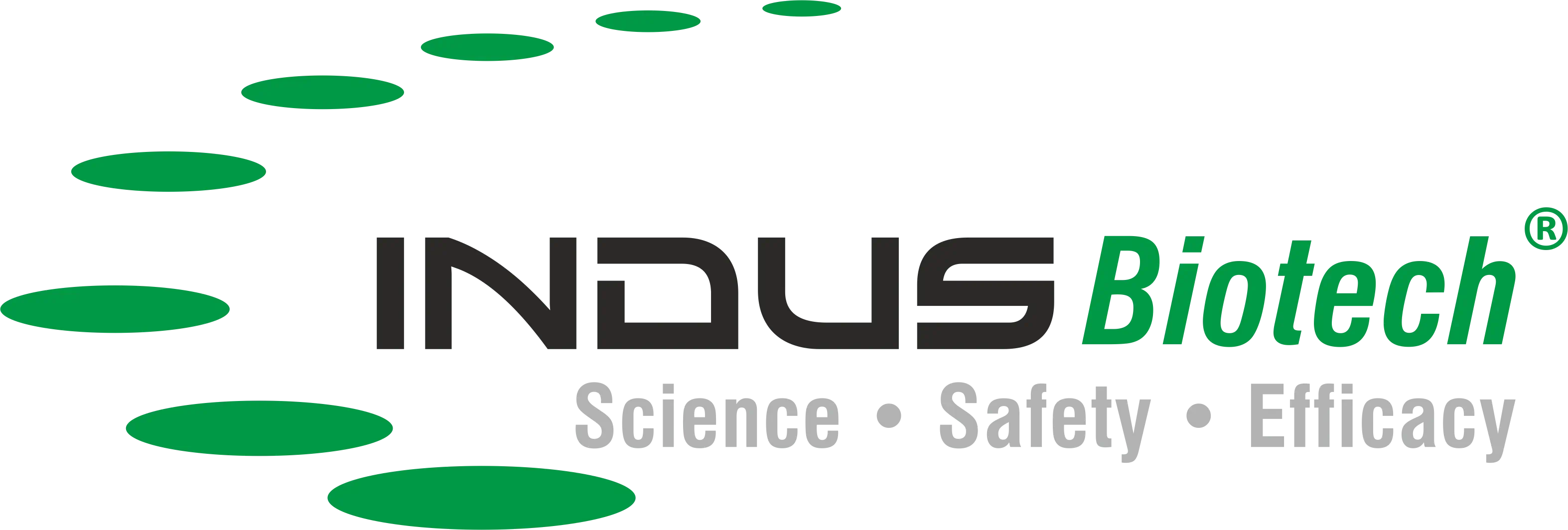
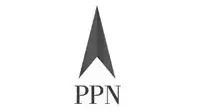

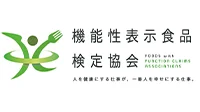






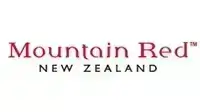


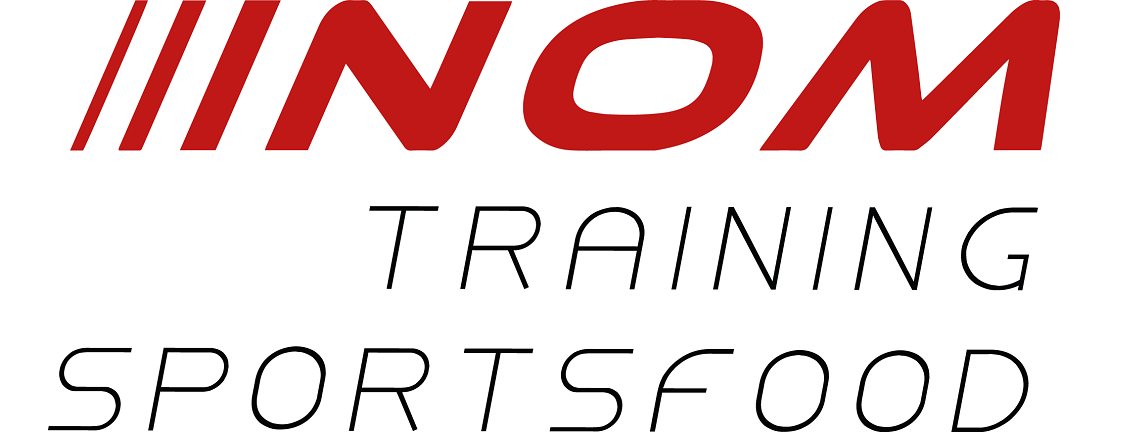

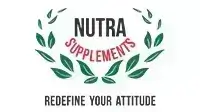


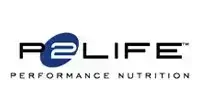
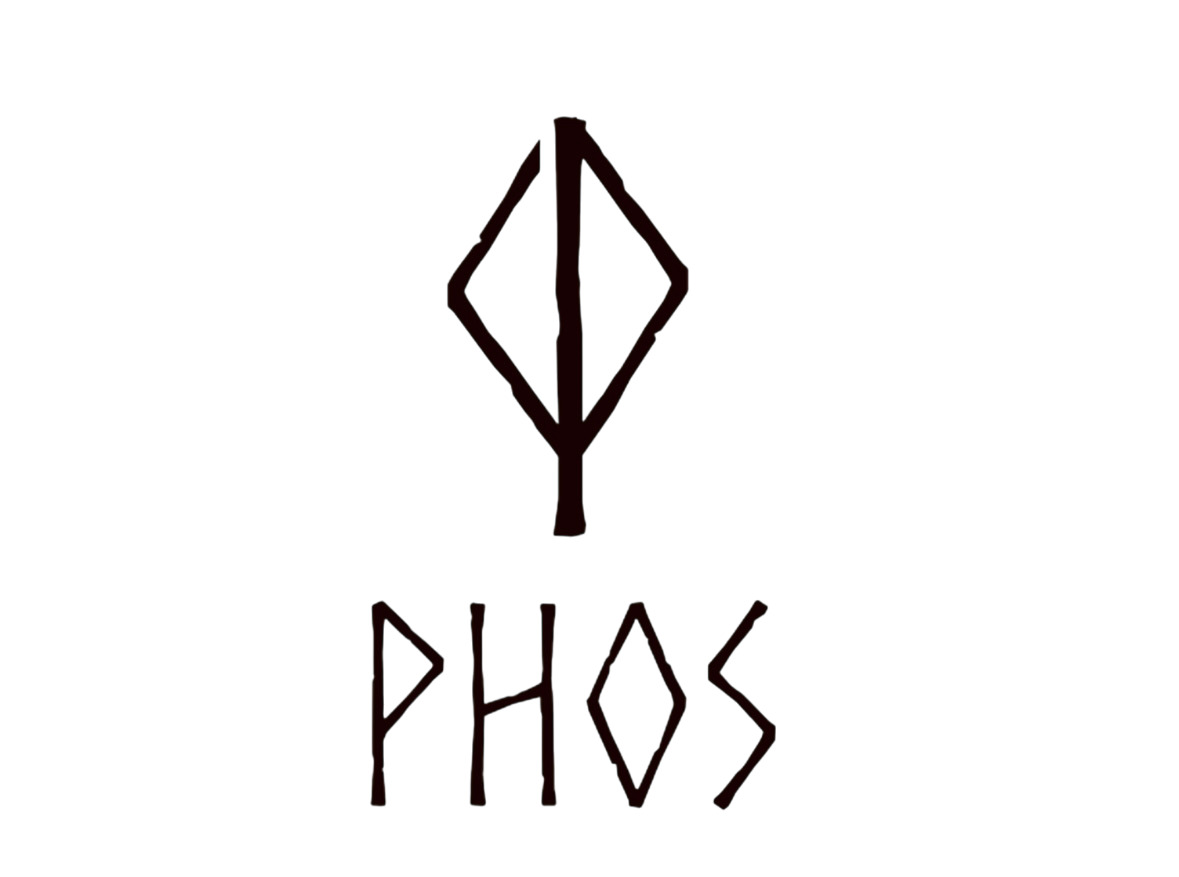





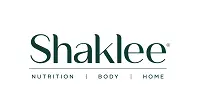


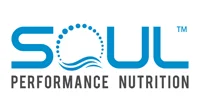

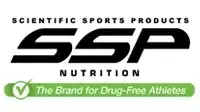


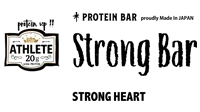



.png)

